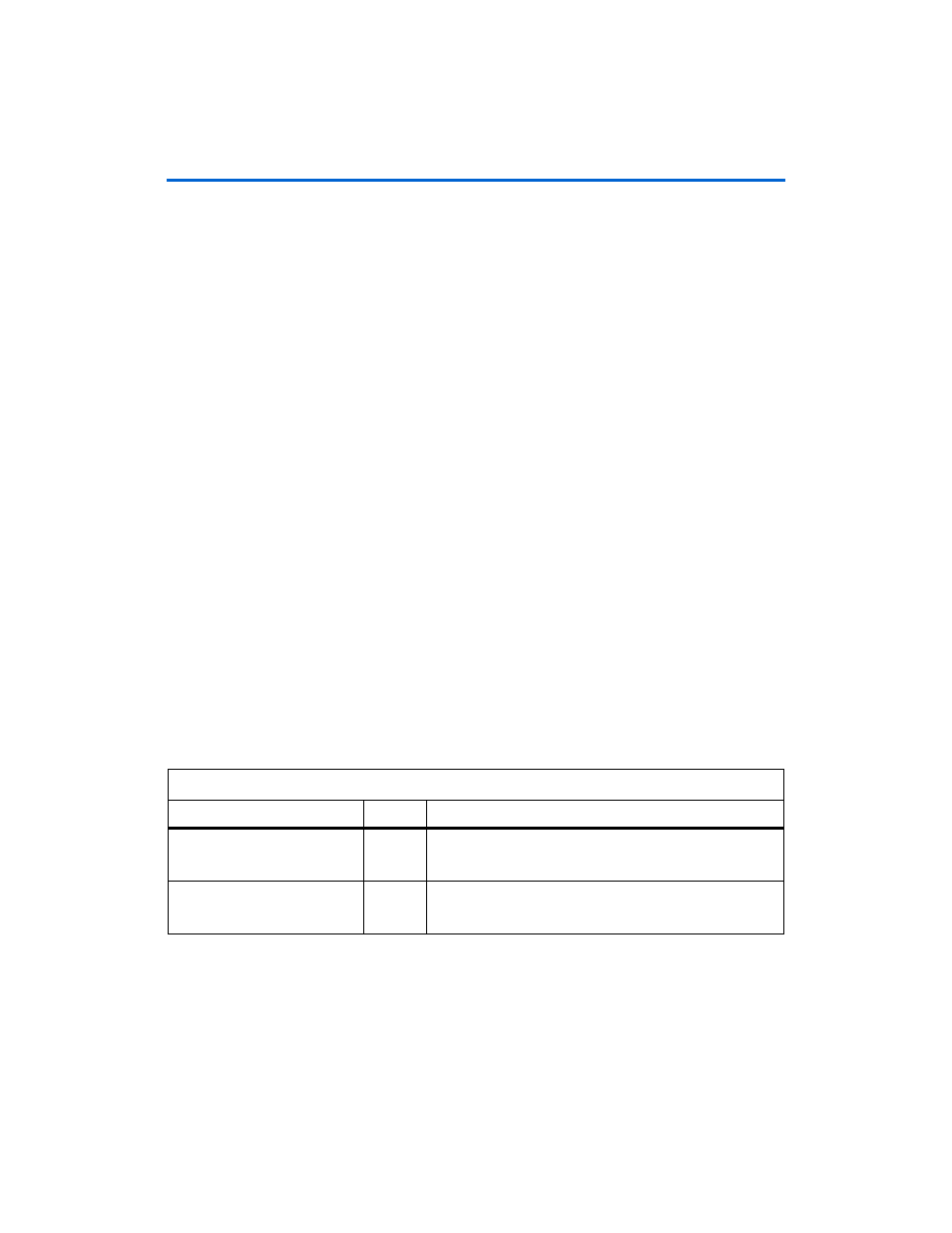Pci bus arbiter signals – Altera PCI Compiler User Manual
Page 282

7–14
User Guide Version 11.1
Altera Corporation
PCI Compiler
October 2011
Interface Signals
requirements. If you use the PCI constraint files as recommended, the
SOPC Builder reset signal will be assigned to the PCI reset signal and all
PCI settings will automatically be made in your Quartus II project file.
Depending on the selected clock option, you may have one or more clock
signals in your SOPC Builder system. There are two clock options (refer
to
“Value of Multiple Pending Reads” on page 6–6
):
■
If you select Shared PCI and Avalon Clocks, the resulting SOPC
Builder system will have only one clock signal, clk. This pin must be
connected to your device’s PCI clock signal and must have all of the
appropriate PCI assignments in your Quartus II project. The PCI
constraint files do not make the appropriate assignments.
■
If you select Independent PCI and Avalon Clocks, the resulting
SOPC Builder system will have at least two clock signals, clk and
clk_
<pci_compiler_instance_name>. The latter of these signals must
be connected to your device’s PCI clock signal on your device and
must have the appropriate PCI assignments in your Quartus II
project. You can use the PCI constraint files to make all of the
appropriate PCI assignments.
f
For more information on using PCI constraint files, refer to
Using PCI Constraint File Tcl Scripts
PCI Bus Arbiter Signals
lists the PCI arbiter interface signals. These signals are only
present when the Altera-Provided Arbiter Internal to Device option is
selected in the PCI bus arbiter field (refer to
Table 7–2. PCI Arbiter Ports
Name
Type
Description
ArbReq_n_i[N-1]
Input
Bus request inputs. These signals are asserted when the
connected agent wants to master the PCI bus. Where N is the
number of PCI devices supported by the arbiter.
ArbGnt_n_o[N-1]
Output
Bus grant outputs. These signals are asserted when the bus is
granted to one of the attached devices. Where N is the number
of PCI devices supported by the arbiter.
